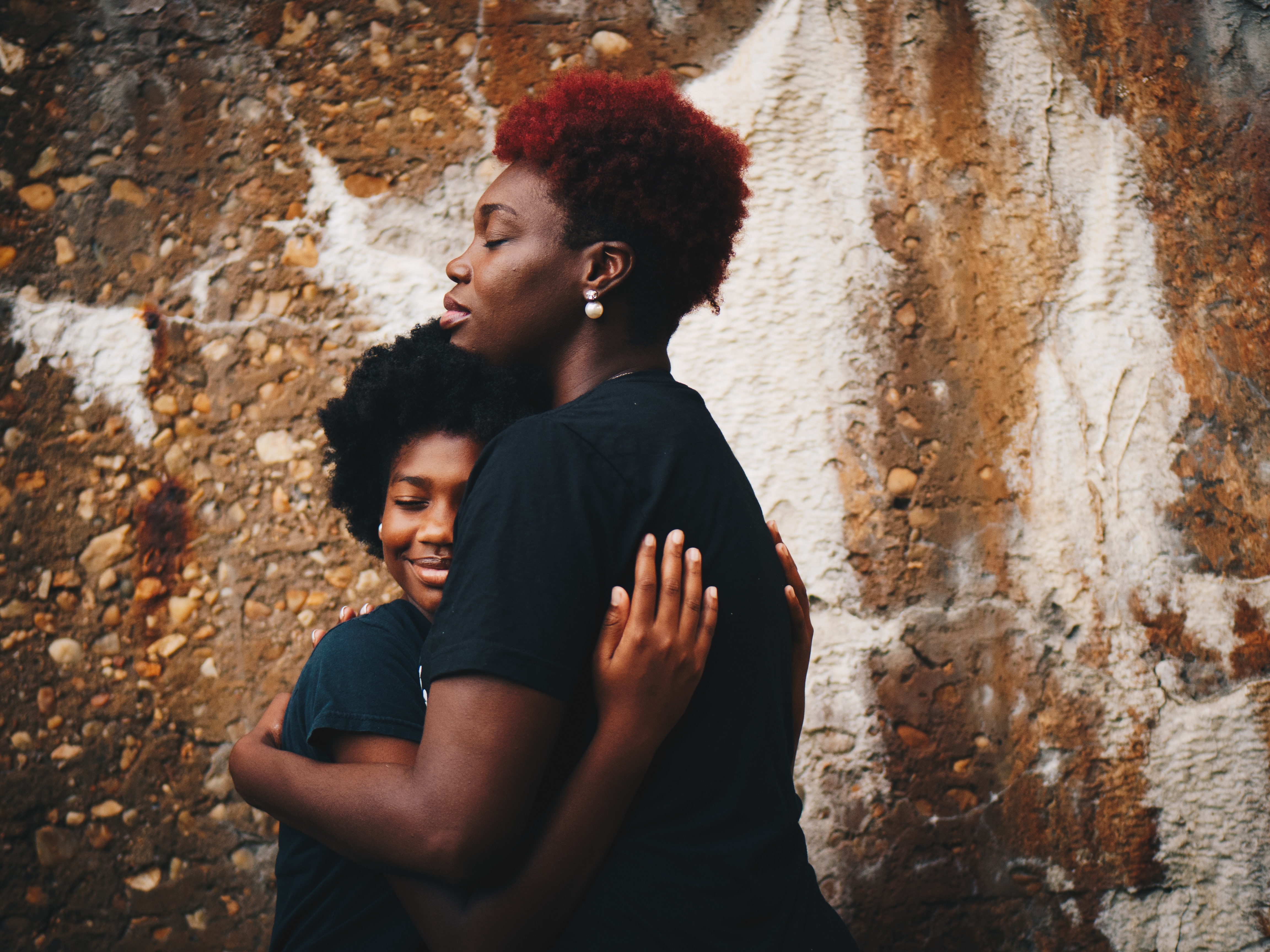It’s a scene from many teen movies and sitcoms: mom or dad sit their teen down for an introduction to the birds and the bees. Whether it’s over sharing, over scripting, over emotional, over the top, or the good ol’ fashioned banana demonstration, when it comes to talking with teens about sex, it often derails. And there’s a reason it’s such a classic source of comedy.
“The Talk” generally begins by broaching perhaps the most awkward parenting topic possible, for the first time ever, seated face-to-face in a way that most of us only find ourselves confronted when with our physician, spiritual advisor, or employer.
Luckily, we have 3 simple reasons why you don’t have to give “The Talk” to your teen:
If you are “giving” a talk, teens aren’t listening.
You may have a lot of great information to share with your teen, but if it’s a one-way street it ends up being a lecture instead of a conversation. Teens are hard wired to shut down if they feel like they are being told what to do. A genuine two-way conversation conveys respect and provides teens with the opportunity to ask questions, feel heard, and most-importantly expand their thinking on important topics, like sex.
Most teens have already been exposed to sex.
Sorry to break it to you, but this isn’t your teen’s first rodeo on a conversation about sex, or maybe even the physical act of sex. In fact, research shows that by the age of 11 many youths have already been exposed to pornography. It’s important to state, for the record, that it is truly never too late to communicate with your son or daughter about sex—if you’ve avoided the awkwardness altogether.
It’s not a “once and done” conversation.
A single, BIG conversation can feel awkward, unmanageable, and introduces a lot of pressure (on both you and your son or daughter). Realistically, it’s simply not possible to cover all of the sex-related issues and challenges your son or daughter will encounter as they become young adults in one talk. Instead, start small by initiating conversations in the car, during popcorn breaks on movie night, while cooking together…anywhere that’s less threatening than a sit down meeting.
We know it’s not easy to parent teens today. From opioid addiction and school violence to the increase of mental health issues among teens, sexual education is just one of many issues you will help your son or daughter navigate during their teen years. Here’s the great news: with a few simple communication strategies to enhance the conversations with your teen (and lots of practice) it is possible to build a strong, trusting relationship, which makes tackling tough topics together a whole lot easier!
Here are a few tips to get you started discussing the birds and the bees—and any other difficult topic—with your teen:
Use OPEN-ENDED questions. Who hasn’t gotten a pithy one or two-word response to “How was your day?” (Great, fine, terrible, it sucked…whatever) “Tell me about your day?” requires much more (from them and from you). Bonus: this tip works on everyone, not just your teen!
Ask PERMISSION. “Can I share something with you?” or “When is a good time we can talk about…?” It might seem strange as a parent to ask permission to have a conversation with your son or daughter, but asking permission builds respect and trust, the foundations of good communication.
Talk WITH not AT your teens. Consider the difference between: “You’re not having sex, right?” And “Having sex is a big decision. I care about you and hope that you are making decisions based on what you believe is right for you.” Following-up with some open-ended questions can help you learn more about your teen’s beliefs, concerns or challenges, and plans: “What are your thoughts about sex?”
Above all else, LISTEN. It might seem obvious, but listening is one of the hardest (and most important) parts of building relationships—especially when tackling tough topics! As adults we tend to make a list of all the points we want to cover and get preoccupied keeping track of what we have or haven’t discussed. You can always circle back to a key point in another conversation, but you might not get another chance to hear what your teen has to say. Actively listen to what’s important to your teen and you’ll build a trusting relationship that supports them coming to you instead of you always initiating “the talk.”


